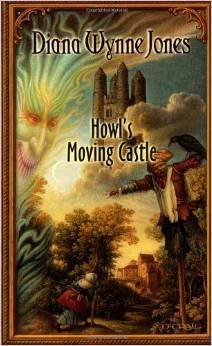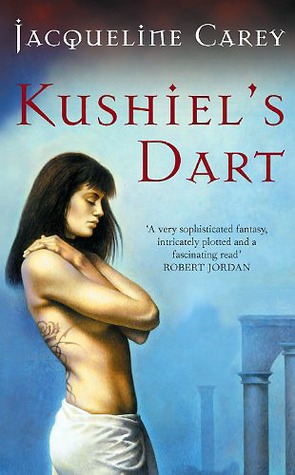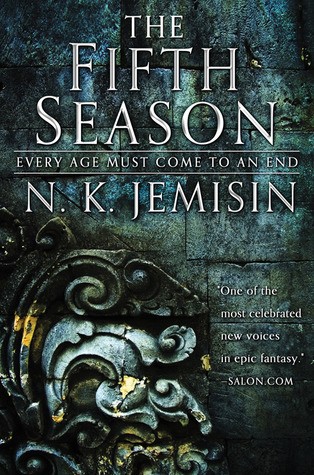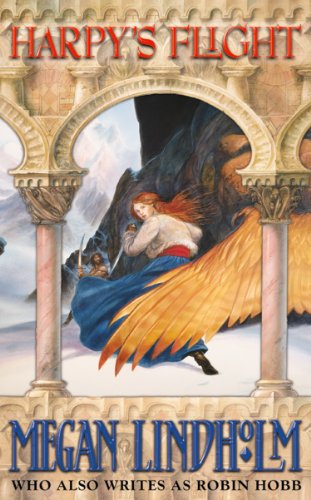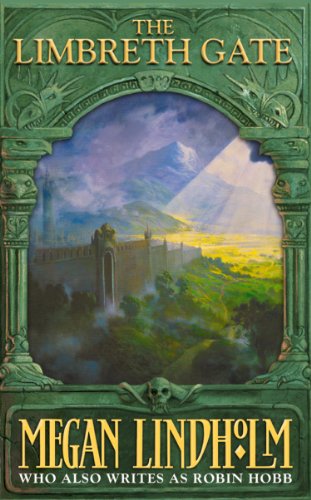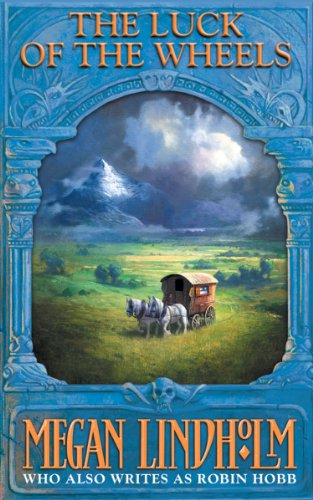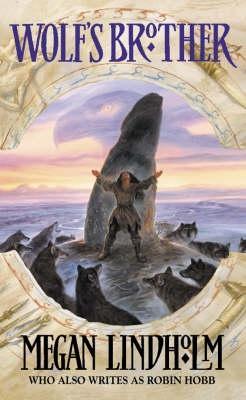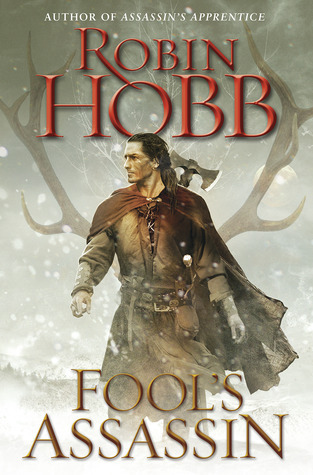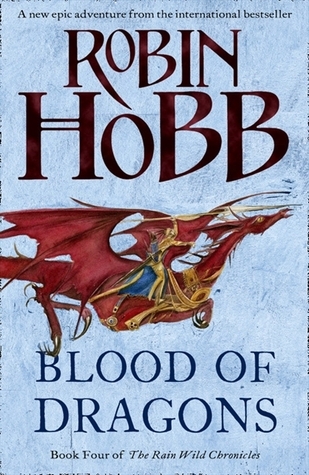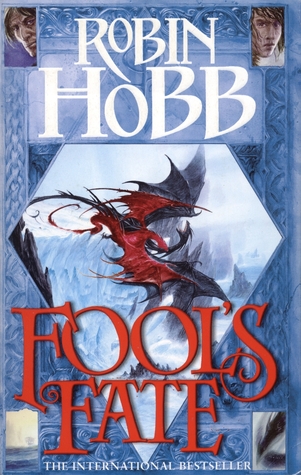Before The Hunger Games, there was Gregor the Overlander, one of the most wonderful, delightful, and dark children’s books I’ve had the pleasure of reading. When my little brother handed this to me in 2005 or 2006, demanding that I read it, I wasn’t expecting much. I should have known better - he has fantastic taste in books (though he doesn’t read as often as he should these days) and always seems to know what I’ll like. We quickly became Underland fanatics, getting our hands on each sequel as soon as we could and staying up far later than our parents approved of to discuss the plot and our predictions. When the final book came out, my brother was vehemently outspoken about his dislike for the ending and stated that he hated the entire series (it’s now been almost ten years and he maintains that the ending ruined everything for him). We respectfully disagreed on this point.
Since then, I’ve probably reread the entire series at least five times. It’s beautiful and brilliant and I can’t get enough of it. When I left for college, I asked for a box set of my own since I couldn’t take the family copies with me (also, they’re all falling apart from being well-loved and well-read by all of us). I’ve forced these books onto several people and have tried to convince several others to give them a chance.
In saying all this, I’m trying to let you know that I’m pretty biased - I absolutely adore these books and I don’t know that I’ll have anything critical to say about them. They’re basically perfect.
To start off, they’re beautifully written. While I don’t like everything Suzanne Collins has written, I can say that she is a talented author and that she deserves the limelight. The descriptions are well done, the word choices are excellent, and Collins has a distinct voice when writing. “The Underland Chronicles” are written for children, but Collins doesn’t talk down to the reader at all. She esteems the reader as an equal and writes as though she’s speaking to a peer rather than a child.
With that attitude, Collins opens the door to handling some rather difficult topics. Gregor, our hero, isn’t perfect and wonderful and superb. He’s actually not someone you’d want to be. When the series starts, he’s the one running the household, watching after his sisters, and trying to stay positive even though he’s a very sad and very confused eleven-year-old boy. Gregor has a tough home life in some non-traditional ways for fantasy - his family loves him and they are close-knit and try to be happy, but the circumstances they’ve found themselves in makes it difficult for them to function as well as they want to. For a children’s book, this is rather heavy. In addition, throughout the series there are several moving and heart-breaking character deaths that are handled with care, though not with condescension. Collins again handles these situations as if writing for a more mature audience, trusting that her young readers are able to handle tragedy. For my brother and I (and our younger siblings, who probably started this series when they were 8 or 9), it was hugely rewarding to be trusted with such serious topics at such a young age. Some parents I lent these books disagreed, feeling that these books were too heavy for young children and held off on suggesting it to their kids until they were older. I was glad that I was able to deal with heavy topics at a young age because this gave me a chance to connect with the world around me more. When Gregor witnesses attempted genocide late in the series, this gives a vivid example of something that young readers will be hearing about for the rest of their lives and makes world tragedies seem more real and accessible.
Collins also makes sure that the adults she writes aren’t perfect. I’ve read too many children’s books that show the adults as all-knowing and all-powerful, which is how children sometimes feel about their teachers and parents. Several adult characters are shown throughout the series to be well-meaning, but deficient in some ways or misguided in others - and not in a “this is a stereotypical adult in a fantasy series” way, but in a very flawed, human way. Gregor is forced to learn who to trust and this gives the reader a chance to do this in their lives as well. This series shows that adults make mistakes and that sometimes, children know what’s right better than the adults. This is shown somewhat humorous throughout the series when Gregor doesn’t believe the prophecies that many Underland adults hold dear. Gregor stands alone in this conviction and is somewhat torn by it until he receives validation from an adult who’s important to him. This doesn’t even happen until the end of the series. Not only does this give the reader a chance to learn that they can (respectfully) disagree with grown-ups, but it shows children that grown-ups often disagree with each other. And that’s okay.
The characters in this series are phenomenal. As I stated before, they’re imperfect and frequently don’t know what they’re doing. People disagree in mature (and sometimes immature) ways, but they can come back from this. We see characters dealing with trauma and disappointment in surprising ways. By the end of the series, no character is the same. Each important character has learned hard lessons and has changed in dramatic ways. And they’re all so human (even the non-human ones). These characters are relatable without being Mary Sue’s or flat and uninteresting. Each character is complex and diverse and memorable and has a surprising depth for a children’s series.
The plot also has a depth that is not seen in many children’s books. In addition to being somewhat heavy, it’s obvious that Collins knows her world and is just giving the reader a taste of it. The plot moves along well and incorporates so many different aspects and areas of the Underland - giving the reader the opportunity to learn as Gregor does. The conflicts throughout the series are intriguing and attention-grabbing and the various plots and subplots stay with the reader long after the series is over. The issues and dilemmas the characters grapple with are so pertinent in 2017 - racism (though it looks more like specism in the series), wars, corrupt politicians, spies, political divisions, etc. It’s a complex series with a complex plot and complex themes - again, Collins is putting more trust in children’s ability to grasp these concepts that most children’s authors do.
Writing this makes me want to read them again. Maybe I’ll rope my brother into reading them with me. And maybe this time, he’ll feel differently about the ending. Maybe he’ll buy his own copy of the series and will love them and read them to tatters like we did growing up. And maybe he won’t this time. But I’ll keep hoping.

